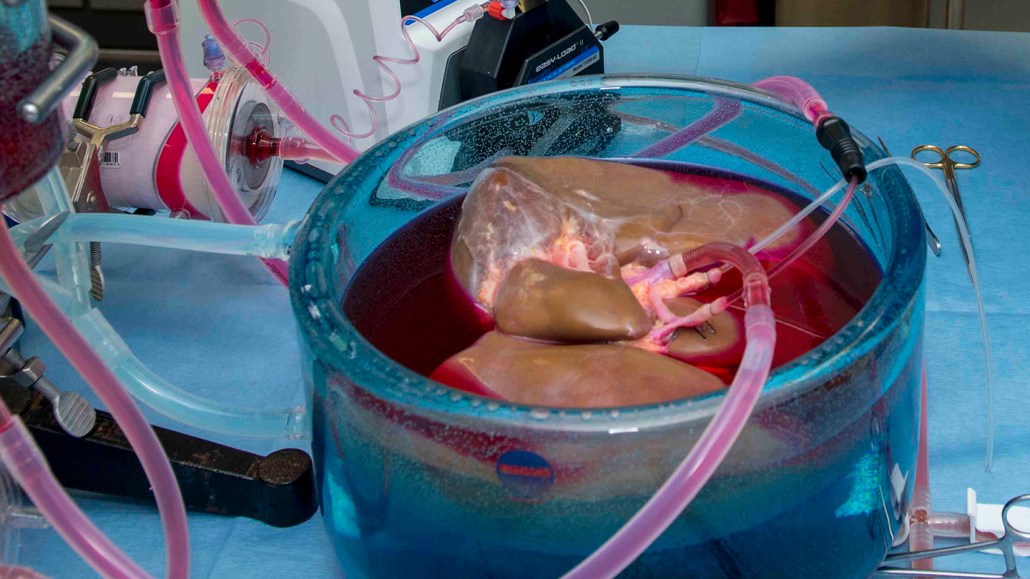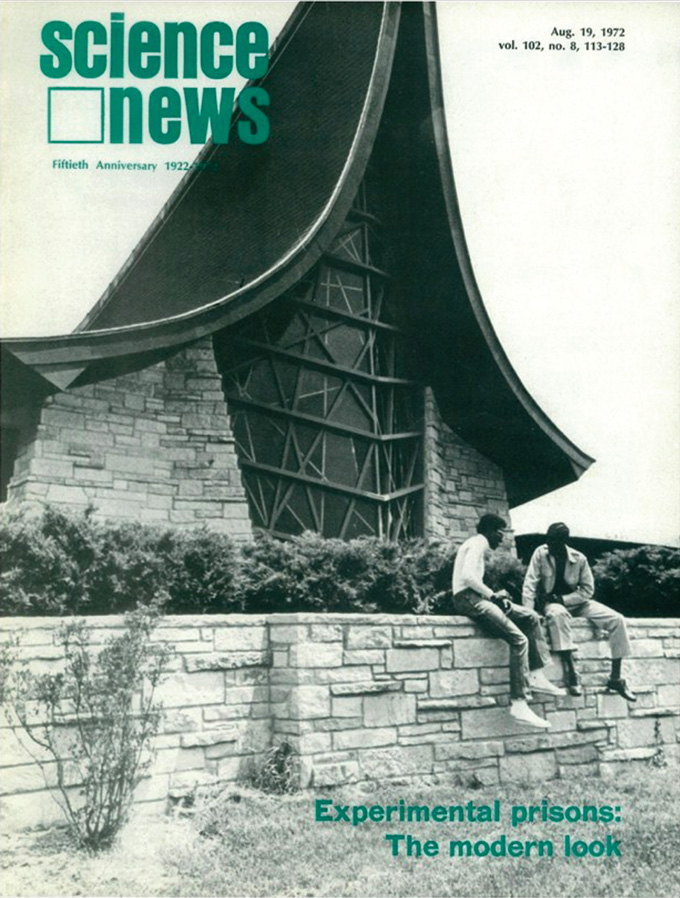50 years ago, scientists hoped freezing donor organs would boost transplants
Excerpt from the August 19, 1972 issue of Science News

In 2019, scientists found a way to store human livers for more than a day at subzero temperatures without the organs freezing (shown). The technique could eventually help ease the shortage of donor organs, saving thousands of lives.
Massachusetts General Hospital
